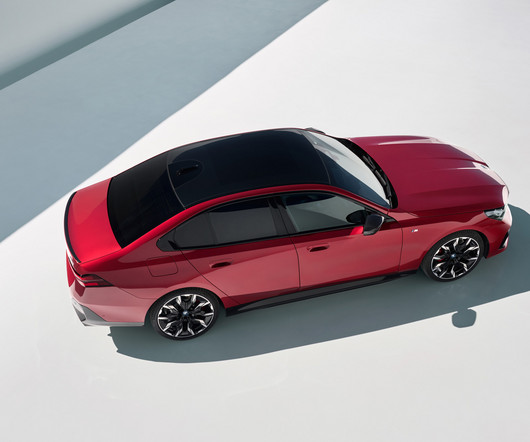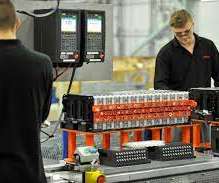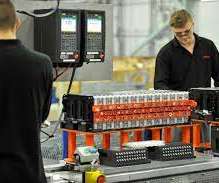2024 BMW i5 details, Volvo EX30 CO2, Stellantis and lithium-sulfur batteries: Today’s Car News
Green Car Reports
MAY 25, 2023
Volvo’s upcoming EX30 is going for the brand’s smallest-ever carbon footprint. Stellantis sees lithium-sulfur battery tech in its future. And the BMW i5 looks much like a gasoline 5-Series. Is that a good thing? This and more, here at Green Car Reports.




















Let's personalize your content